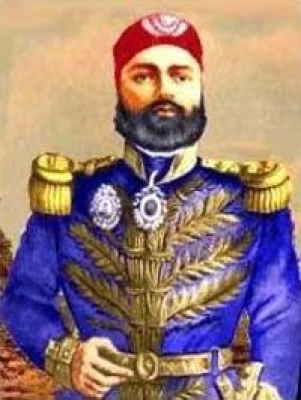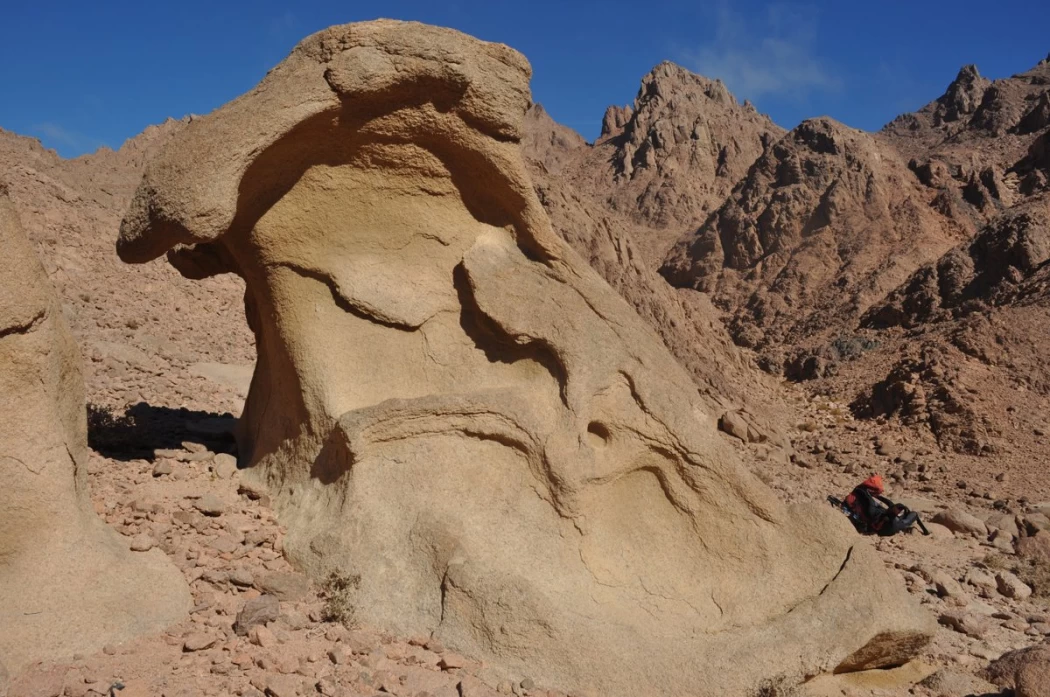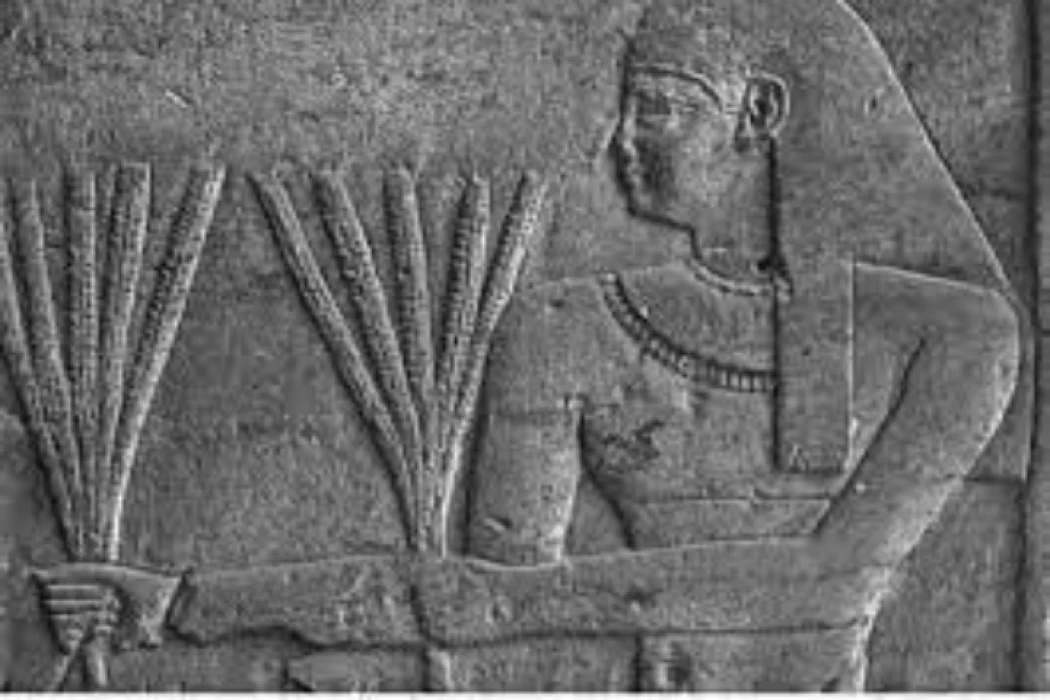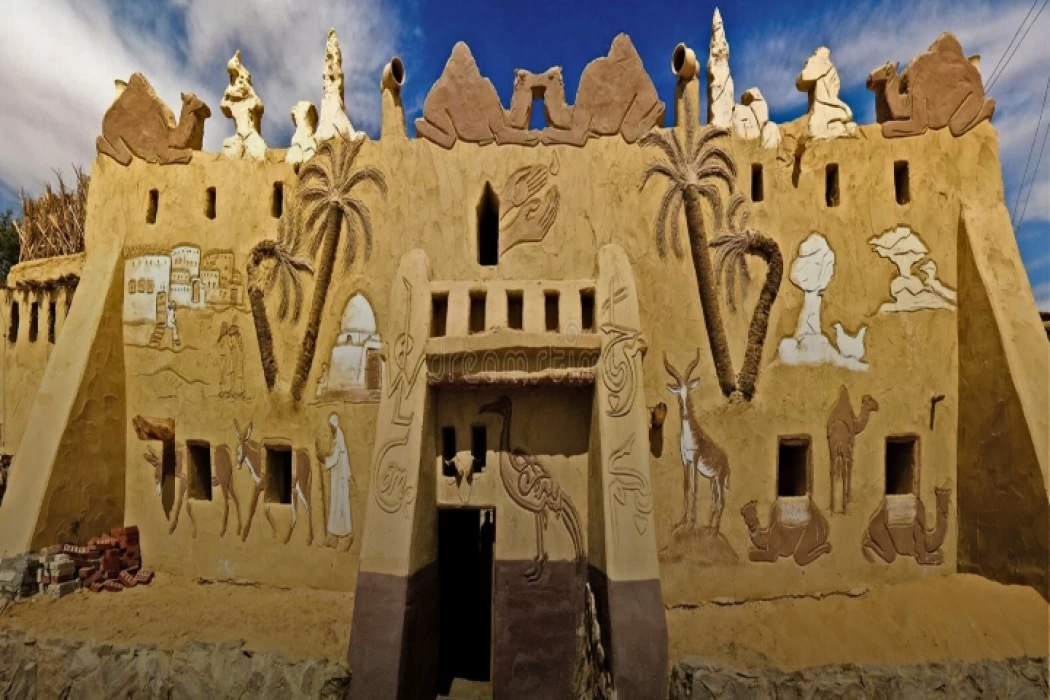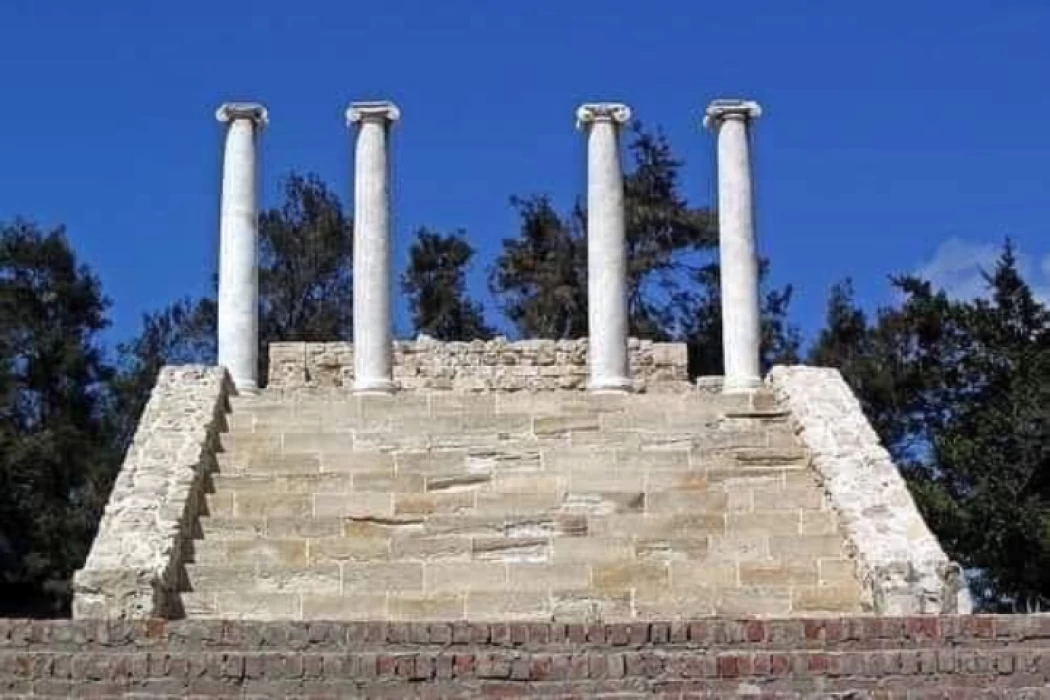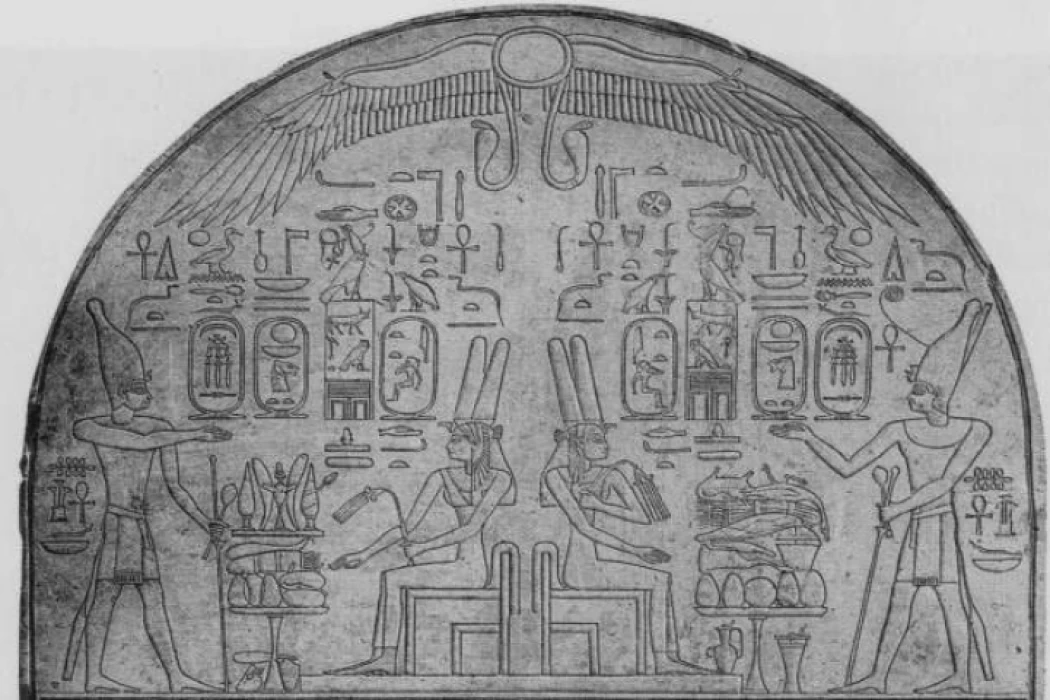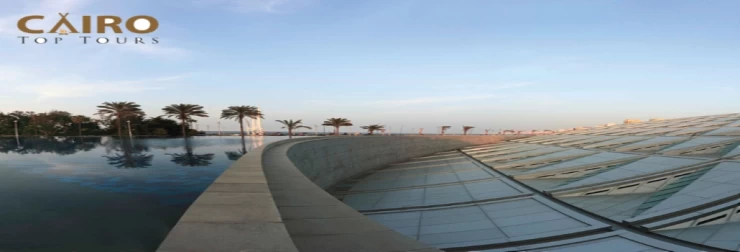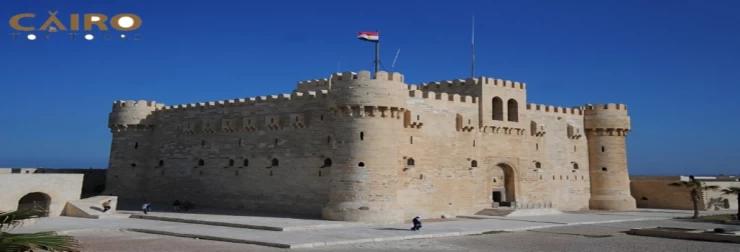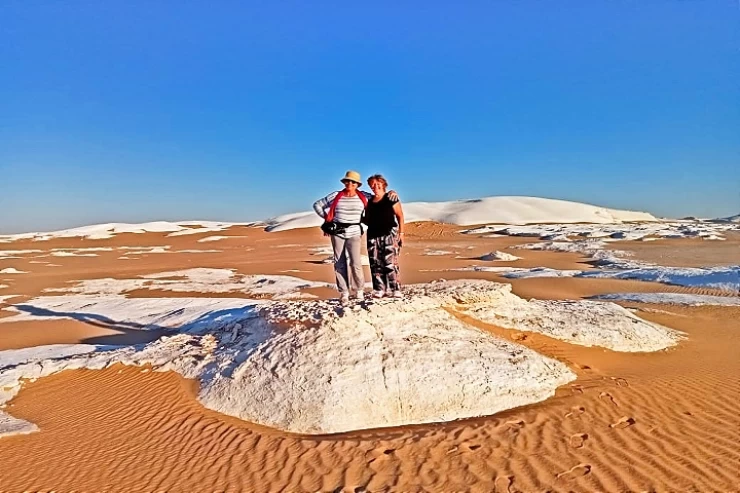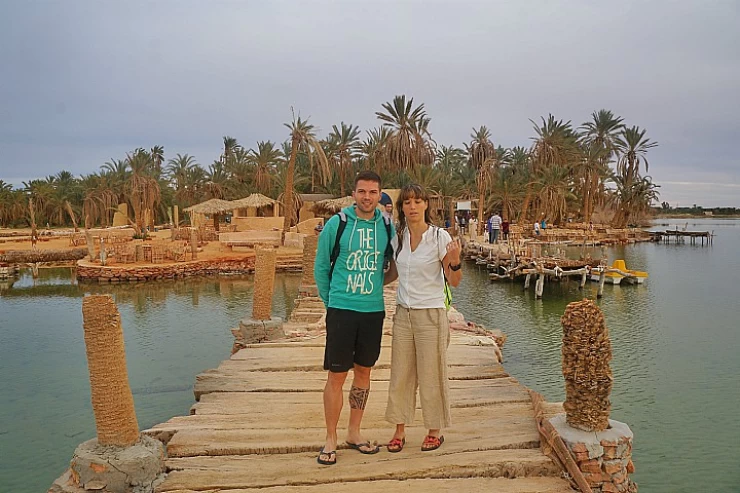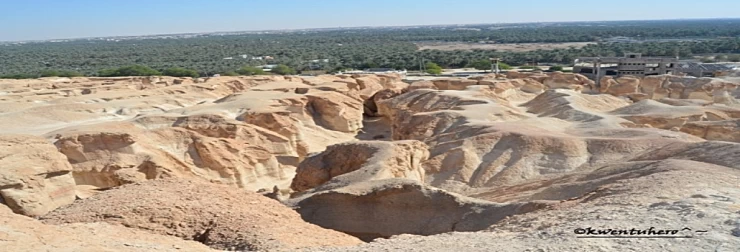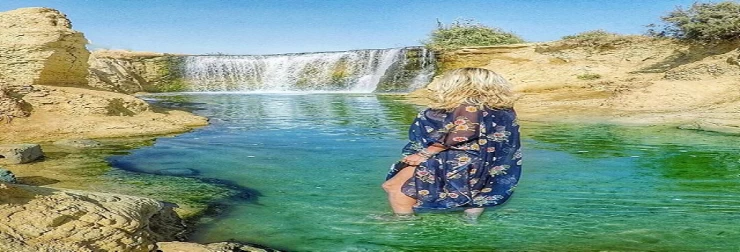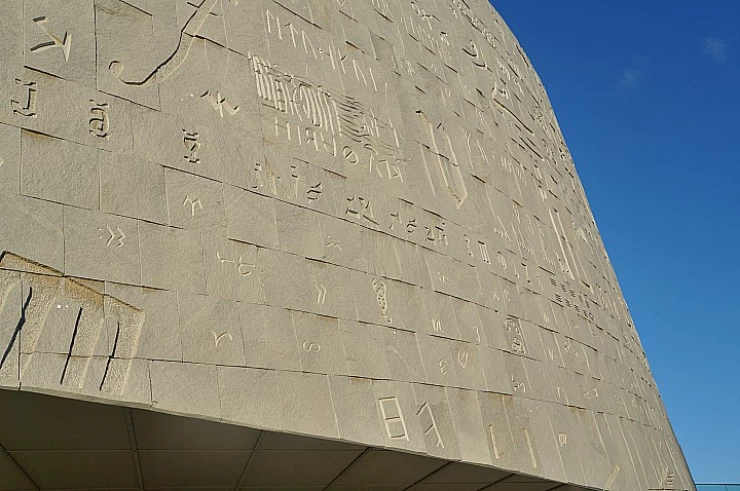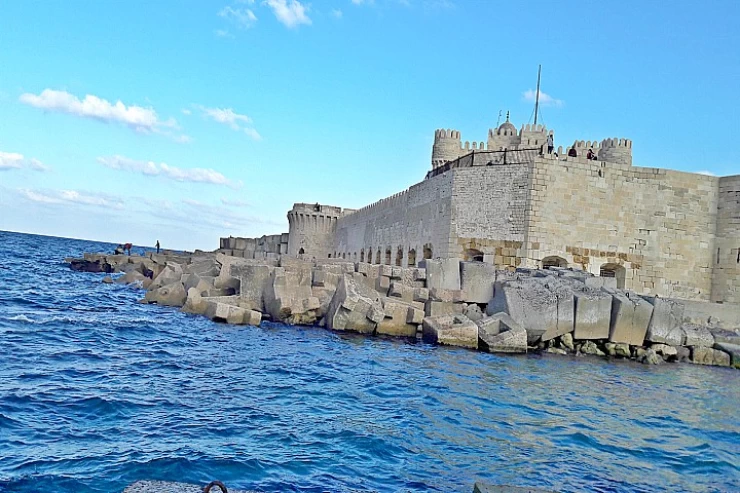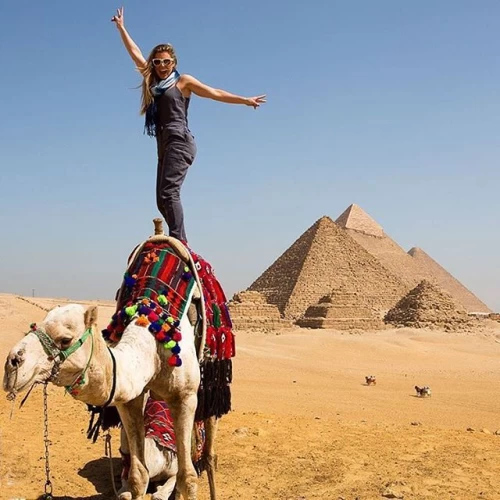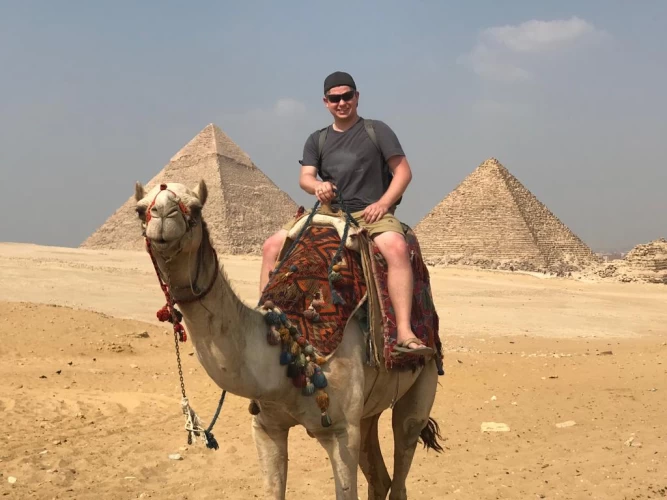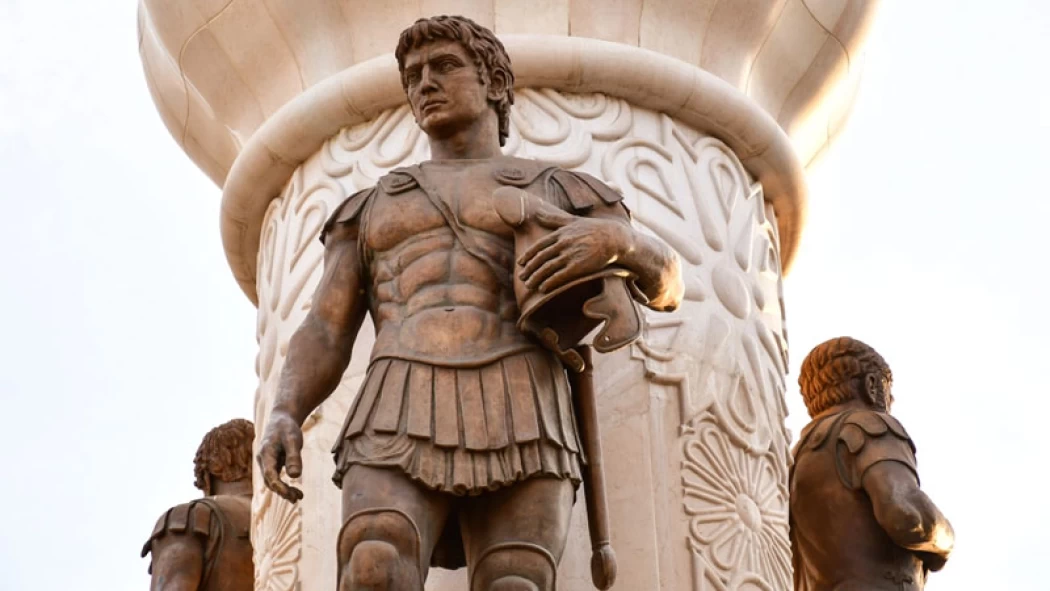
The Great Alexander
Alexander III of Macedon, known by many other names, most notably: Alexander the Great, Alexander the Great, Alexander of Macedon, is one of the Greek kings of Macedonia, and one of the most famous military leaders and conquerors throughout history. Alexander was born in the city of Pella around the year 356 BC.M. and was apprenticed by the famous philosopher and scientist Aristotle until he reached the sixteenth spring. By the age of thirty, he had founded one of the largest and greatest empires known to the ancient world, which stretched from the coasts of the Ionian Sea in the West to the Himalayan mountain range in the East. He is considered one of the most successful military leaders in their career, as he was never defeated in any battle he fought at all.
Alexander succeeded his father, Philip II of Macedon, the "one-eyed", on the throne of the country in 336 BC.M., and after the latter was assassinated. Alexander inherited from his father a well-founded Kingdom and a powerful Armenian army with veteran soldiers. He was given the right to command the armies of the whole country of Greece, so he took advantage of this to achieve his father's expansionist goals and set off in 334 BC. In a campaign against Persia, he managed to defeat the Persians and drive them out of Asia Minor and then proceeded to snatch their possessions one by one in a series of military campaigns that lasted ten years. Alexander managed to break the Persian army and smash the military power of the Achaemenid Persian Empire in several decisive moments, most notably in the battles of Issus and Gogmila. Alexander eventually managed to overthrow the Persian Shah Dara III, opening up the entire territory of his empire,
Alexander was seeking to reach the" end of the world and the great outer sea", so he invaded India in 326 BC. He tried to find the way to that sea, but he had to turn back at the insistence of the commanders of the army and because of the mutiny of the army. Alexander died in the city of Babylon in 323 BC. Before embarking on several new military campaigns he planned, the first of which was the conquest of the Arabian Peninsula. A few years after his death, severe civil wars broke out among his followers that would have torn his empire apart, and several countries were born, each of which was ruled by a "successor" and were known as the Kings of sects (in Greek: διάδοςοι, and in Latin: Diadochi), and each of these kings was independent and owed allegiance only to himself, and these were the surviving commanders of Alexander's army and participated in his campaigns in the past.
Alexander's legacy includes the cultural mixing created by his conquests, he was able to mix the Hellenic Greek culture with the different Eastern cultures of the Peoples subject to him, and he founded more than twenty cities bearing his name in different parts of his empire, the most prominent and most famous of which is the city of Alexandria in Egypt. Alexander's establishment of numerous Greek colonies in the length and breadth of the country led to the creation of a new Hellenic civilization, the manifestations of which continued to be prominent in the traditions of the Byzantine Empire until the middle of the XV century. Alexander became a prominent figure in myths, stories, Greek and almost world history, until he took the place of the legendary hero Achilles and became the yardstick by which military leaders determine the success or failure of their career, military schools around the world are still studying his methods and tactics of war to the present time.
Alexander the Great was born in Pella, which was the capital of ancient Macedonia, now part of Greece, he was the son of King Philip II of Macedon. Alexander learned at the hands of the great philosopher Aristotle, who taught him the sciences (philosophy). His father was killed in 336 BC.M. And he killed those who turned against his father, and he became the king, and took over the reins of government.
After a short period of rule, in the year 334 BC. The Persians at that time were enemies of all the Greeks and entered into their politics and fought them more than once, Alexander had an army of 35,000 soldiers with whom he faced about 40,000 and won many battles in front of the Persians in Asia Minor and lost so few of his army that he lost in the period 110 soldiers. Alexander had commanders with him who had a future in war and a great future in his empire, one of whom was [Ptolemy I].
Alexander met King Darius of Persia in 333 BC. In Asus, north-eastern Syria. Darwis ' army was very large, with close to 500,000 soldiers in his army. Alexander won the war and inherited the lands of the Persian Empire. Darwis fled after the battle but was found murdered after his guards and commanders betrayed him in 331 BC.M
Alexander entered Egypt in 332 BC. The Egyptians welcomed him and considered him a liberator for them from the injustice of the Persians, who were able to respect their religion or their custom and considered Alexander one of them, who respected them and respected their customs. Alexander, who was just north of the Nile and the Mediterranean, decided to build the city of Alexandria, which was named after him and declared it to be the capital of the Empire as a result of his deliverance. In the year 331 BC. Alexander made a pilgrimage to the temple of Amun (the chief god of the Egyptians at that time) in Siwa, which the Greeks called Zeus. There is a belief in the Egyptian beliefs and the Egyptian gods entered the Greek and vice versa and mixed the two religions and almost Egypt and took the beliefs and customs of the Egyptians. The priests of Amun solemnly declared that he was the pharaoh of Egypt and that he was the son of the sun god Amun or Zeus to the Greeks. The Egyptians loved him saved him and treated him as a pharaoh of the Egyptian pharaohs. After his coronation as pharaoh of Egypt, he continued his campaigns in India and Babylon.
Alexander died young despite the achievements of his life's work, Alexander died in 323 BC. Before he died, when they asked him to receive the verdict, he replied: "the strongest". It is believed that Alexander died poisoned after he disagreed with his pimps and tired them with his campaigns and ambitions that have limits and his new ideas at the time and the idea of merging civilizations. Alexander, after the death of his vassals, decided to divide the Empire at his peril, and each one was separated by himself. Among them were Perdiccas, who took Macedonia and Greece, and Ptolemy I, who was one of his close commanders, took Egypt and founded the Ptolemaic Empire and was installed in the Pharaonic way, and the pharaoh of Egypt remained, and Egypt and his birth, who ruled after him and remained pharaohs and preferred to rule Egypt until they conquered Egypt during the reign of Emperor Augustus ( Octavius).
It is believed that Alexander is buried in Alexandria, Egypt, in a state that is not known to date. Historians say that Ptolemy I wandered around Egypt and kept his body in Memphis, and after he was transferred by Ptolemy II to Alexandria and buried in the "Soma", and until now mahdash met or knew exactly in Alexander's tomb in Alexandria. The sea is said to have covered his tomb.
Latest Articles
Admin
Regin of Abbas I of Egypt | Abbas Pasha I
Abbas has been often described as a mere voluptuary, but Nubar Pasha spoke of him as a true gentleman of the "old school". He was seen as reactionary, morose and taciturn, and spent nearly all his time in his palace. He undid, as far as lay in his power, the works of his grandfather, both good and bad.
Admin
Story of Gabal Shayeb Al Banat - Red Sea Mountain
Jabal shayb al-banat is one of the Red Sea Mountains in the eastern desert in Egypt, located to the west of the city of Hurghada at a latitude of 27 degrees north and a longitude of 33.5 degrees east of the Greenwich line approximately, this mountain is the highest mountain peak in the eastern desert with a height of up to 2185 meters, it is a prominent mass of igneous rocks
Admin
Neper God Of Grain
Neper was the deity of grains, particularly cereals that were important in Ancient Egypt, such as wheat and barley. It was stated that he foretold when the crops would grow, be harvested, and disappear.
Admin
Badr Museum in Farafra
The Badr Museum is located in a mud building, which is the common home found in this medieval part of Egypt. All of the artwork that was created by the artist is quite unique. His work almost always depicts life in the Farafra Oasis and he provides the work through both painting and sculpting.
Admin
The Black Head Temple
The Black Head Temple is a small temple dedicated to the worship of the goddess Isis and was discovered in 1936, by chance, in the Black Head area, which is now located within the Mandara area of the Montazah district in Alexandria. This temple was moved from its original place to the Latin Necropolis in 1994.
Admin
The Queen Tetisheri
Tetisheri was the mother of Seqenenre Tao, Queen Ahhotep I, and possibly Kamose. For sure, she was the mother of Satdjehuty/Satibu, as attested on the rishi coffin of the latter. At Abydos, her grandson King Ahmose I erected a Stela of Queen Tetisheri to announce the construction of a pyramid and a "house" for Tetisheri.
